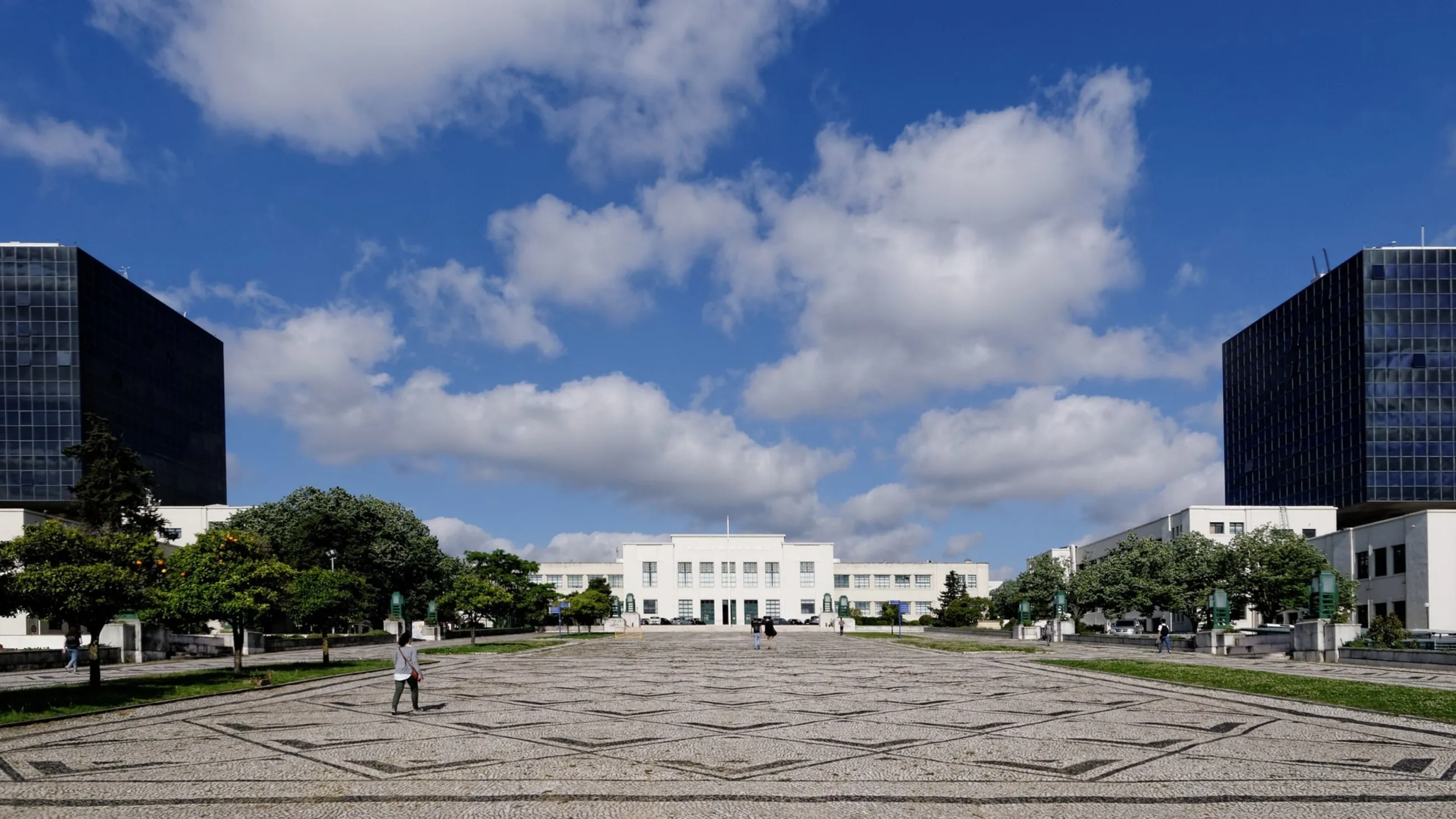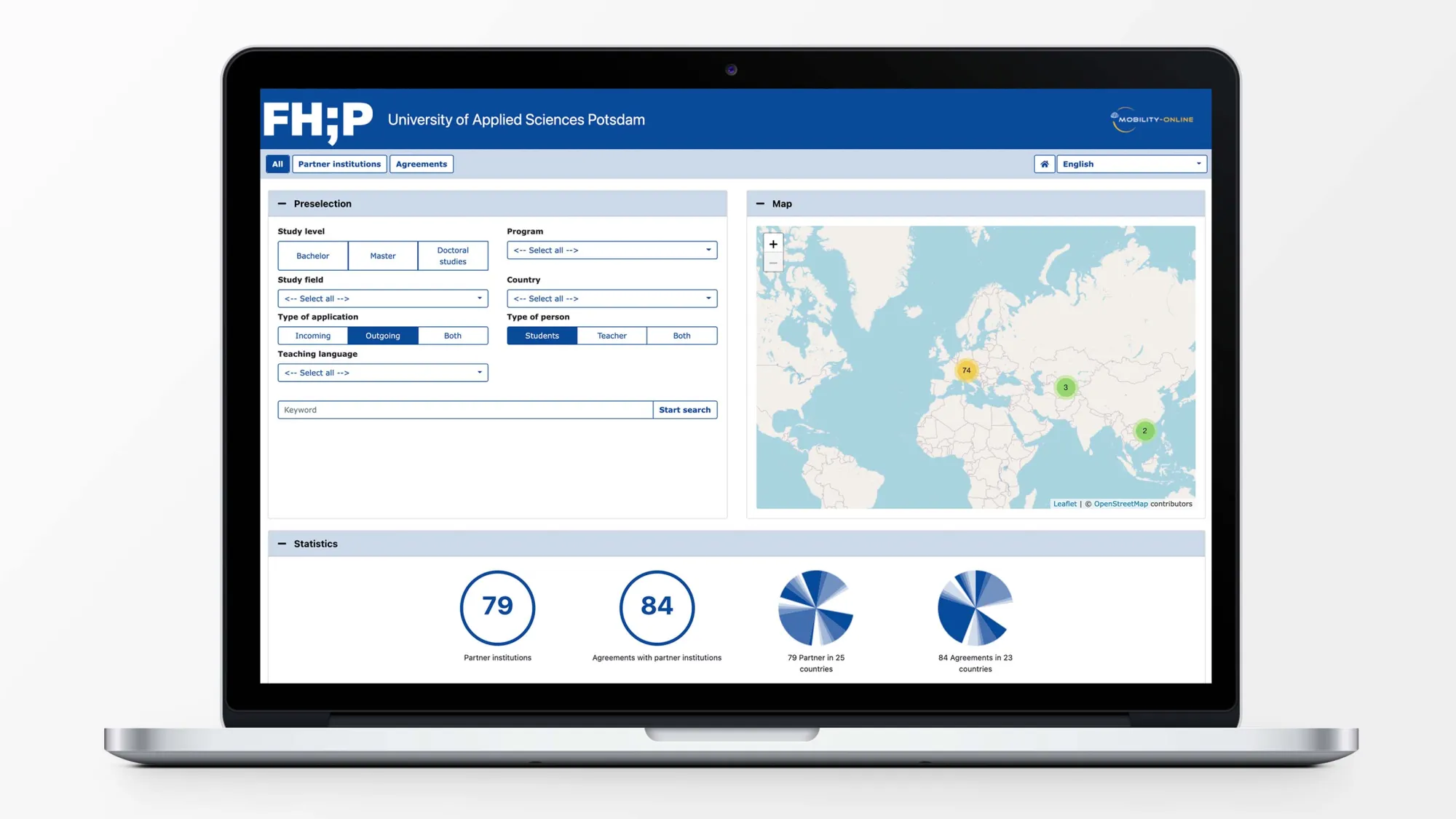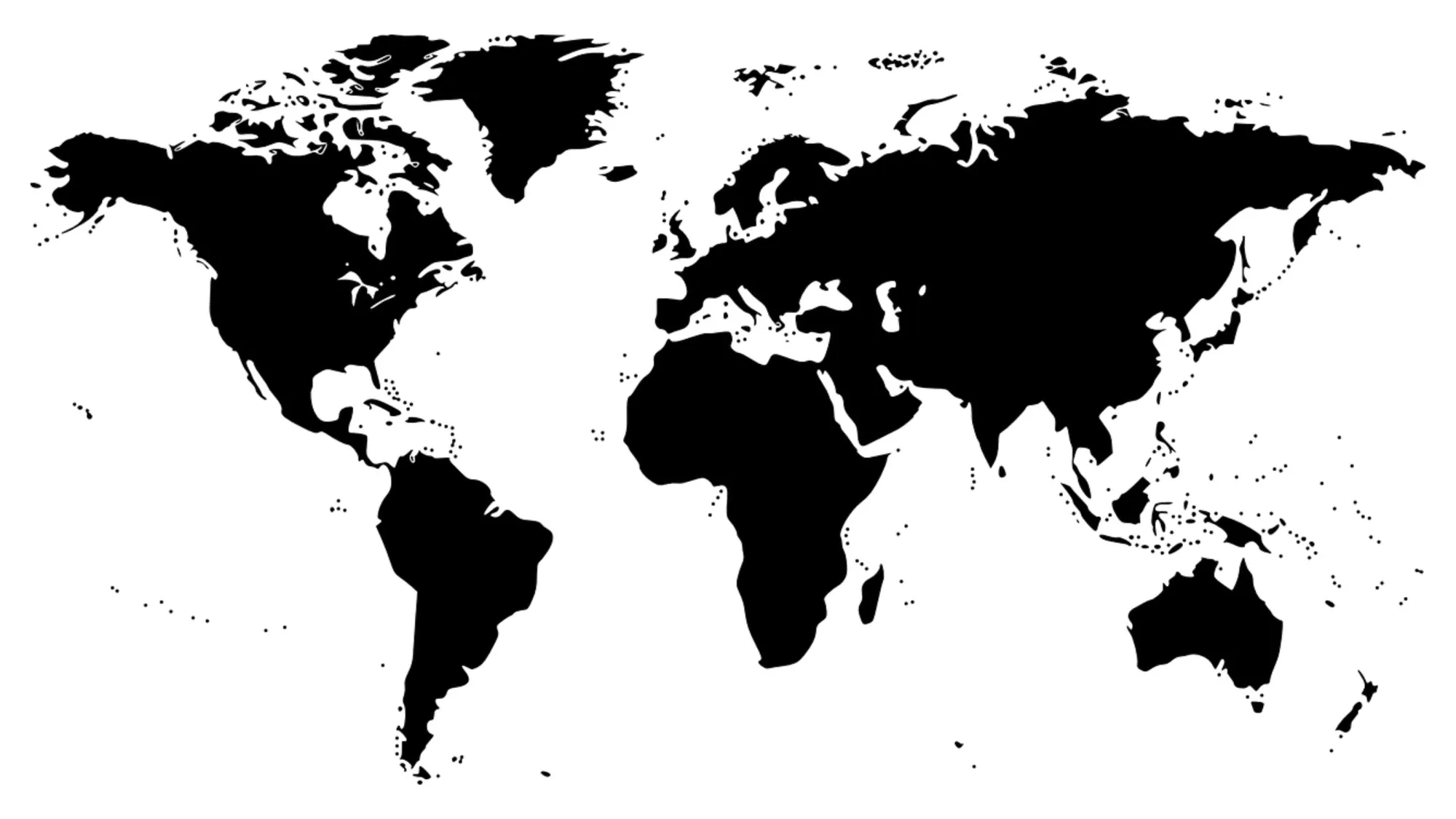Partner Universities – Using Established Channels

The University of Applied Sciences Potsdam's international partner universities offer established networks and a wealth of experience with exchange programmes. It is worth taking a closer look at our partners!

Study abroad: Interactive map with exchange places
You can find the exchange places for students at our partner universities on our interactive map. A semester abroad in one of our exchange programmes is only possible at these universities.
Studying at a partner university
Study in Switzerland
To study at one of our partner universities in Switzerland, you can apply for the Swiss-European Mobility Programme.
Study outside Europe
You can spend time abroad at partner universities outside Europe through the bilateral exchange programme.

Overview of all partner universities of the FH Potsdam
Get an overview of all international partner institutions of the University of Applied Sciences Potsdam in the Mobility-Online Portal. If you have any questions about the contents of the cooperation, please contact the International Office.
Establishing international university partnerships
International cooperation serves to promote university relations worldwide. They support study and teaching through the promotion and exchange of students, lecturers and academics as well as through joint research activities.
The formalisation of international cooperation through contracts is an effective legal transaction with defined legal consequences and involves a mutual commitment. Contracts for international university cooperation must also be distinguished from contracts for the joint implementation of research projects (e.g. BMBF or DFG cooperation agreements).



